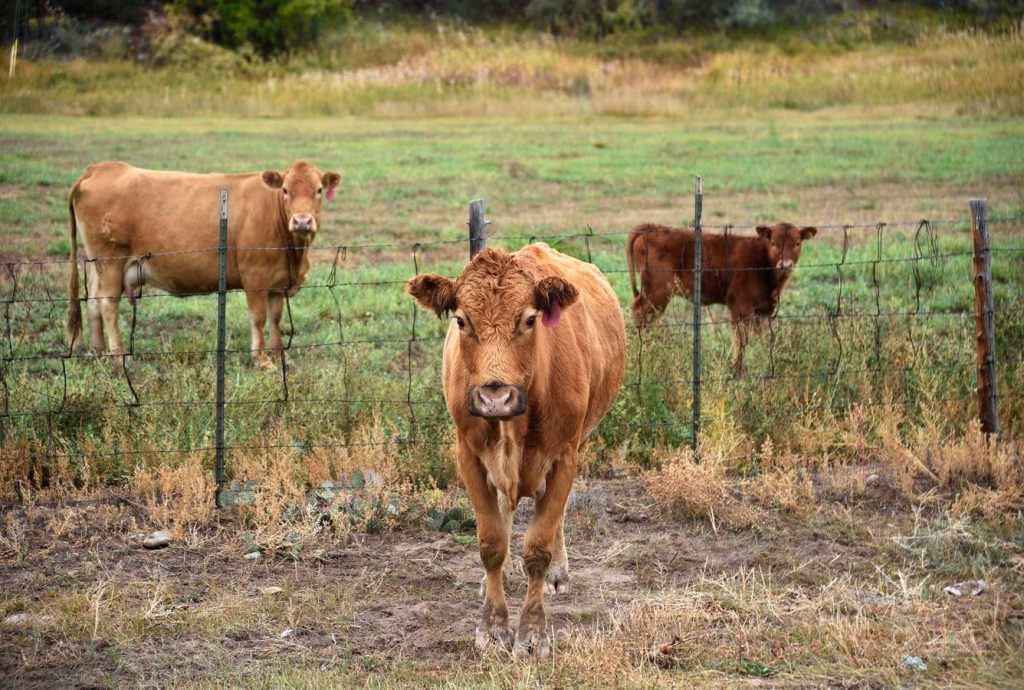A new study by Profundo and Friends of the Earth has revealed that major U.S. banks, including Bank of America, Citigroup, and JPMorgan Chase, have provided over $134 billion in financing to meat, dairy, and feed corporations, leading to significant carbon dioxide-equivalent emissions. The study highlights the outsized climate impact of financing for industrial livestock production, with emissions from these corporations equivalent to those of 14 million cars driven in one year.
Industrial livestock production is a major contributor to greenhouse gas emissions, with the 56 largest corporations in this sector generating more emissions than the entire nation of Japan. The study warns that emissions from the agriculture sector, particularly livestock and dairy, could push the world past the 1.5°C threshold. Methane, a potent greenhouse gas, accounts for up to 70% of the emissions financed by U.S. banks, highlighting the need to reduce methane emissions to mitigate the climate impact of industrial livestock production.
The study found that emissions financed by U.S. banks are, on average, 44 times the size of their relevant portfolios, posing a significant challenge to banks meeting their climate commitments. Defunding industrial livestock production is identified as a climate-positive choice that banks could make to reduce their emissions. The report calls on banks to eliminate financing for high-emitting corporations in the meat, dairy, and feed production sectors to achieve a sharp reduction in emissions.
Climate risk is also identified as a financial risk, with the potential for the climate crisis to cost up to $23 trillion by 2050 in reduced global GDP. The hidden costs of agriculture could also be as much as 10% of global GDP, highlighting the need for transformation within the sector. Meat and dairy companies face transition risks from policy changes and consumer preferences, as well as physical climate risks such as droughts, storms, and floods that could impact their operations.
The report recommends that U.S. banks halt new financing that enables the expansion of industrial livestock production and require meat, dairy, and feed clients to disclose third-party verified emissions targets and action plans aligned with science-based pathways. While these steps are not yet required, the research sheds light on the financing practices of major banks and raises questions about their long-term impact on the economy. Overall, the study highlights the need for banks to reconsider their financing of industrial livestock production to mitigate the climate impact of this sector.


